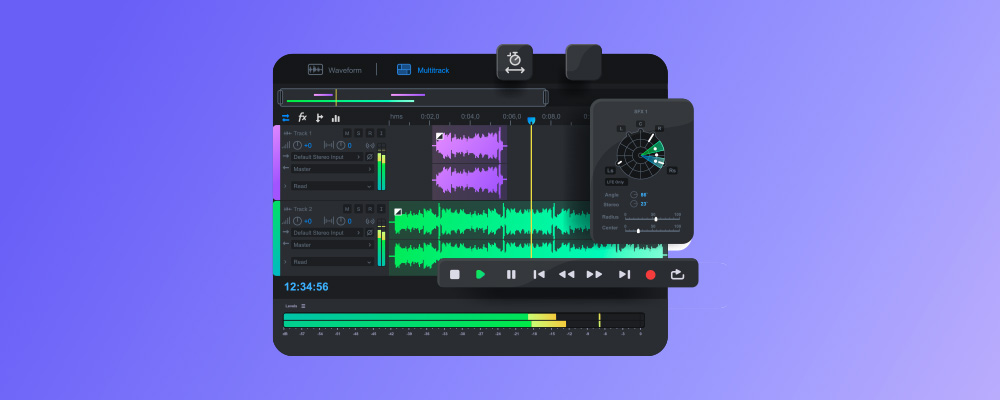
Difference Between a Podcast Agency and Network
Ready to take your podcast to the next level? You might need to work with a podcast agency or podcast network.

Unlocking Knowledge: The Power of Podcasts
In the changing world of information, podcasts have become a strong way to gain knowledge and stimulate the mind.

Essential Tips for Editing Your Podcast
Podcasting is a powerful medium. It allows creators to share their stories, knowledge, and ideas with the world.

Top Podcast Apps for Every Listener
Podcasts have become a popular form of entertainment. They offer a wide range of topics, from true crime to self-help.

Understanding Podcaster Earnings: A Comprehensive Guide
Podcasting has become a popular medium for sharing stories, ideas, and information. It’s a booming industry with a diverse range of voices and topics.

Creating Cheap Podcast Sets Under $100
Podcasting is a powerful medium. It allows you to share your voice, ideas, and stories with the world.
But starting a podcast can seem daunting. Especially when you consider the cost of podcasting equipment.

Exploring the Best Podcast Story Series
Podcasts are different from traditional media.
They provide a special and personal way to enjoy stories. They connect listeners to narratives through voice and sound. This rise in popularity comes from podcasts’ unique ability to take listeners to different places. They do this through storytelling and sound.

Top 10 Binge-Worthy Podcasts to Enjoy
In an era where digital content consumption is at an all-time high, podcasts have emerged as a significant medium for storytelling, education, and entertainment.

How to Choose the Right Podcast Genre
Starting a podcast can be an exciting venture. It’s a chance to share your thoughts, ideas, and expertise with the world.

How to Launch Your YouTube Podcast
Starting a podcast on YouTube can be a rewarding venture. It’s a platform that allows you to share your voice, ideas, and expertise with a global audience.

7 Types of Webinars and Why They Work
Webinars have become a vital tool in the digital world. They serve various purposes, from education to marketing and more.

How to Record and Sell Webinars with Boomcaster
Webinars are a powerful tool for entrepreneurs, small business owners, and digital marketers looking to establish authority and connect with their audience. But to truly make them effective, you need the right platform.
